
Piqray plus Faslodex improved progression-free survival versus Faslodex alone in CDK4/6 inhibitor–pretreated, PIK3CA-mutated advanced breast cancer.

Piqray plus Faslodex improved progression-free survival versus Faslodex alone in CDK4/6 inhibitor–pretreated, PIK3CA-mutated advanced breast cancer.

Verzenio showed meaningful improvement for some patients with HR-positive, HER2-negative breast cancer after prior CDK4/6 treatment.

Eflornithine plus Gleostine was associated with superior overall survival and progression-free survival in grade 3 IDH-mutated astrocytoma.

Camrelizumab plus famitinib extended progression-free survival to 11.1 months versus 7.5 months with chemotherapy in recurrent or metastatic cervical cancer.

Platinum chemo with Imfinzi, Avastin, and Lynparza improved progression-free survival versus chemo and Avastin but did not extend overall survival.

Adjuvant Opdivo significantly extended relapse-free survival in patients with resected stage advanced melanoma.

Adding Kisqali to a nonsteroidal aromatase inhibitor continued to reduce recurrence risk and improve survival at five years in early breast cancer.

TAR-200 showed high complete response rates in BCG-unresponsive, high-risk non-muscle invasive bladder cancer with CIS in the phase 2b SunRISe-1 study.
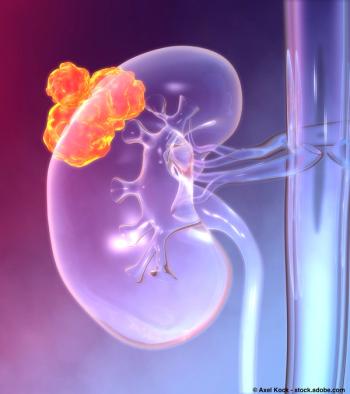
Researchers showed that 1.34 mg of Fotivda provided decreased tumor size and may be more tolerable than an 0.89-mg dose among patients with renal cell carcinoma.
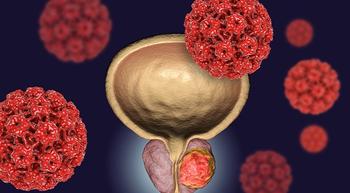
Nubeqa plus ADT improved rPFS in mHSPC regardless of disease volume, reducing the risk of radiological progression or death by 46%, per ARANOTE data.

Treatment with Enhertu showed favorable outcomes regarding health-related quality of life in patients with HER2-positive breast cancer, regardless of brain metastases.

Tecartus demonstrated similar effectiveness across age groups of patients with relapsed or refractory B-cell acute lymphoblastic leukemia.

The combination of THIO and Libtayo has shown promising results among patients with advanced checkpoint inhibitor-resistant non-small cell lung cancer.

Receiving perioperative Opdivo for non-small cell lung cancer showed event-free survival benefits compared with placebo.

Benmelstobart plus anlotinib significantly improved survival versus Sutent in the first-line treatment of advanced renal cell carcinoma.

The 12-month survival rates in patients with non-clear cell renal cell carcinoma showed improvements after treatment with Yervoy plus Opdivo.

Adding Zynyz to carboplatin and paclitaxel prolonged survival without progression in chemotherapy-naive recurrent or metastatic squamous cell carcinoma of the anal canal.
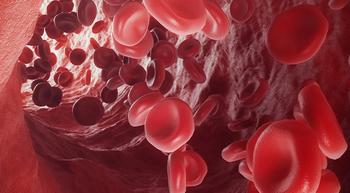
The development of new or worsening anemia did not decrease Jakafi’s efficacy in treating primary or secondary myelofibrosis.
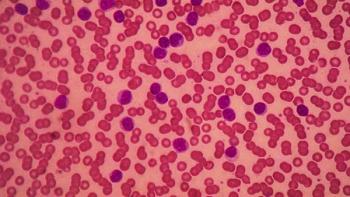
Patients with chronic lymphocytic leukemia or small lymphocytic lymphoma tended to be more likely to stay on treatment and experience fewer heart toxicities with Calquence or Brukinsa.

Perioperative chemotherapy with chemotherapy led to improved survival outcomes versus neoadjuvant chemoradiation in resectable esophageal cancer.

Scemblix outperformed standard tyrosine kinase inhibitor treatment in patients with Philadelphia chromosome-positive chronic myeloid leukemia.

A novel delivery system of gemcitabine called TAR-200 led to promising responses in certain patients with non-muscle-invasive bladder cancer.

UGN-102 had similar disease-free survival outcomes in non-muscle-invasive bladder cancer, regardless of whether the therapy was given with surgery.

The novel CAR-T cell therapy, HR001, showed promise in a recent trial of patients with relapsed or refractory non-Hodgkin lymphoma.

In patients with esophageal squamous cell carcinoma, the combination of Tecentriq, tiragolumab and chemotherapy improved survival outcomes, research found.

Dato-DXd (datopotamab deruxtecan) as a form of treatment compared to chemotherapy resulted in improved progression-free survival for patients with previously treated hormone receptor-positive/HER2-negative inoperable or metastatic breast cancer.

A phase 2 study evaluated meaningful activity from lifileucel for patients with advanced mucosal melanoma who experienced disease progression on immune checkpoint inhibitors.

Treatment with Tecentriq plus Zejula and chemotherapy did not offer better outcomes to patients with recurrent ovarian cancer, according to results from a phase 3 trial.
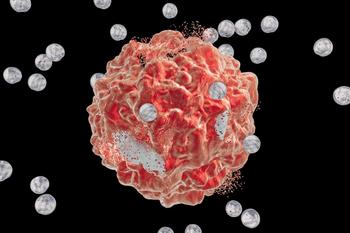
Patients with previously treated advanced neuroendocrine tumors who received treatment with Cabometyx had improved progression-free survival compared with placebo.
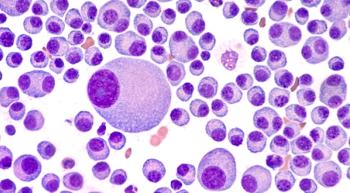
Pomalyst plus Velcade with dexamethasone improves survival outcomes for patients with relapsed/refractory multiple myeloma, according to a phase 3 trial.

Published: July 21st 2023 | Updated:

Published: June 2nd 2024 | Updated:
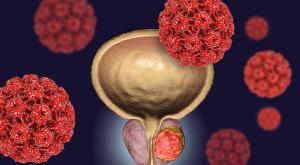
Published: February 13th 2025 | Updated:

Published: September 11th 2022 | Updated:

Published: September 14th 2024 | Updated:

Published: October 30th 2023 | Updated: